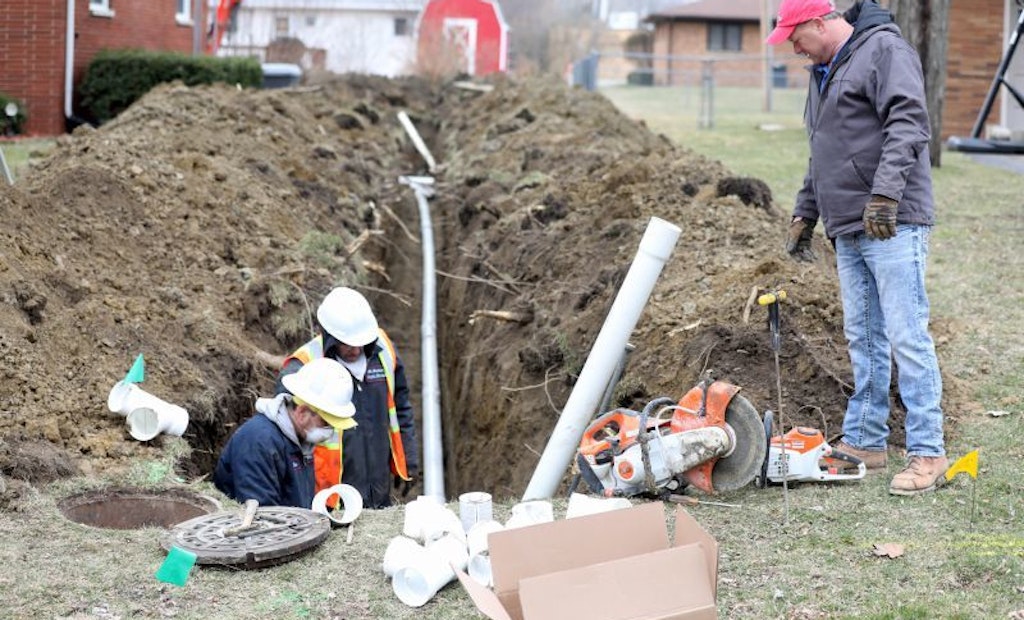
Ideas for more effective safety practices are just one of the many benefits Paul Lawrence has seen as a member of the Michigan Septic Tank Association.
Interested in Safety?
Get Safety articles, news and videos right in your inbox! Sign up now.
Safety + Get AlertsPaul Lawrence joined the Michigan Septic Tank Association shortly after starting his business, All American Septic Service, in Michigan, in 1991. It’s been one of the wisest business decisions he’s made, he says.
Being part of the organization was helpful when it worked with the state of Michigan to set regulations, including increasing requirements that pumpers earn 30 continuing education credits every two years.
Lawrence finds the classes offered every January in Lansing to be useful.
“If you go for the 2 1/2 days, you can get 17-20 credits,” he says. “And new technology and legislation gets brought up to keep you on the forefront of everything that's going on. If there are any legislation changes, you are informed immediately. Plus, they offer classes like safety training.”
An idea generator
He’s picked up ideas such as a new type of work glove that offers better performance, as well as the importance of wearing safety glasses. In the past, he passed that information on to employees at quarterly safety meetings. In the future, he’d like to have his manager also attend to help his crew understand the importance of safety practices.
The association makes members aware of changes in state law. That was helpful when the state’s septic law was changed from one paragraph to 220 pages in 2004. Recently, the state changed the title for environmental oversight from the Michigan Department of Environmental Quality to the Environment, Great Lakes & Energy. The trade association will help inform pumpers if there are any regulatory changes.
The close relationship between the association and the state helps form policy that is important to members, Lawrence says. For example, Michigan had planned to end exemptions for taking septage to a treatment plant in 2025, which meant land application wouldn’t be allowed. An association representative worked with the state to remove that stipulation and allow spreading indefinitely.
That change was crucial to Lawrence, who has land-applied since 1998. He waited for that decision before beginning the process of investing in a bigger storage tank.
At $250 for an annual membership, plus conference fees, being part of an association is a fairly inexpensive investment to keep up on what’s going on in the industry, Lawrence says.





